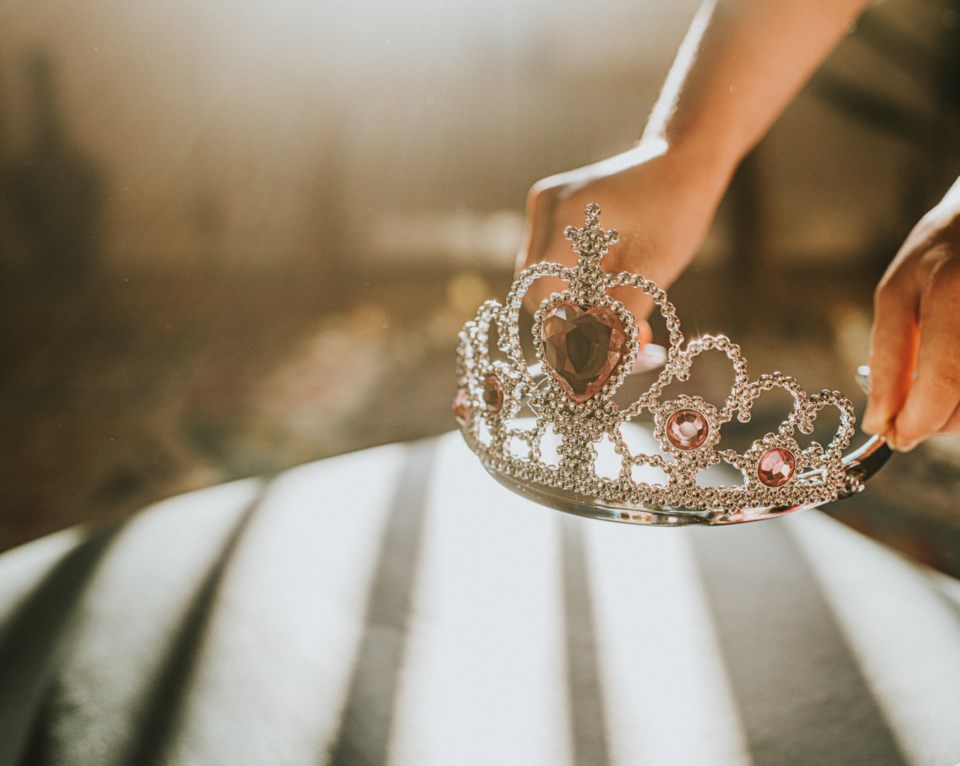On Sept. 8, at about 10 a.m., while my morning Yorkshire Tea was beginning to lose its warmth, the breaking news of the death of Canada’s monarch crossed my desk. Queen Elizabeth II passed away.
For many, it was a sad day. Though the vast majority of Canadians never met our sovereign, we have grown accustomed to the familiar face that has graced our coins and portraits in our government offices for decades.
My social media feed had mixed reactions to the news of the Queen’s death. It ranged from sad, sombre soliloquies harkening the loss of Her Majesty to more frustrated anger at what the monarchy represents.
Over the last few days, I’ve seen many posts, from TikToks showing the Queen on her historic visits to Canada accompanied by sad music, to rants demanding the monarchy return diamonds and jewels to nations the British Empire colonized in previous decades.
This mixture of emotions permeated my social media feeds, and it speaks to a conflict many of us are grappling with, myself included.
Because you can’t talk about the Queen and the monarchy without also discussing what both represent.
It’s impossible to divorce the British Empire from the monarchy; the two went hand in hand for hundreds of years.
The legacy of the British Empire is complex. For some, the Empire meant riches, lands to farm, adventure, trade, and commerce. For many others, it was a legacy of skullduggery, stolen land, broken promises and generational trauma.
How to reconcile the two extremes, while also being respectful of the Queen’s passing? It’s a fine line to walk.
With the rise of Elizabeth II, the position of monarch became increasingly more of a figurehead role. Gone are the days when Canada had to send its legislation to London to be signed into law—Prime Minister Pierre Trudeau saw to that in 1982.
Yet the monarchy still represents a unifying cultural force that, if nothing else, helps define Canadians from our American friends. It has been one of the defining characteristics of Canada since the Thirteen Colonies decided they had had enough of the king.
Adding to the emotional dissonance, Canada is now observing a two-week mourning period for its symbolic leader. Many government ministries are under a media blackout, meaning even basic requests are going unfulfilled, while on Sept. 13, Prime Minister Justin Trudeau announced that Monday, Sept. 19 will be a federal holiday and national day of mourning.
Many have pointed to the Queen’s passing as the “end of an era,” and I’m inclined to believe that we are indeed at the end of the Second Elizabethan Era—a period of 70 years stretching from 1952 to 2022.
Over those 70 years, the world changed immensely. The British Empire dissolved into more than 50 independent countries; the Cold War saw countless conflicts between and within nations, and the rise of Pax Americana happened over those 70 years.
Love or hate the monarchy, Queen Elizabeth II was a constant through it all. I’m not sure how history will look at this period a hundred years from now. Will historians view it the same way we look at the Victorian or Georgian eras?
As we move into the era of King Charles III, I remain optimistic that things in the world will improve. One can only hope our new king is reasonable, and doesn’t go as off-the-handle as Charles I and Charles II did, you know, what with the dissolving of parliament and all that jazz.



